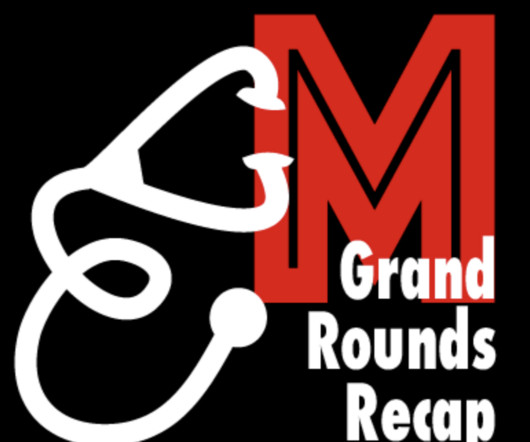Are we on the right TRACT?
Don't Forget the Bubbles
JANUARY 10, 2024
Transfusion Decisions in Severe Anaemia Reducing child mortality remains high on the global health agenda. Let’s take the humble blood transfusion – used in emergency departments across the globe and playing a key role in critical care. However, there is a huge variation in transfusion practice globally.
























Let's personalize your content